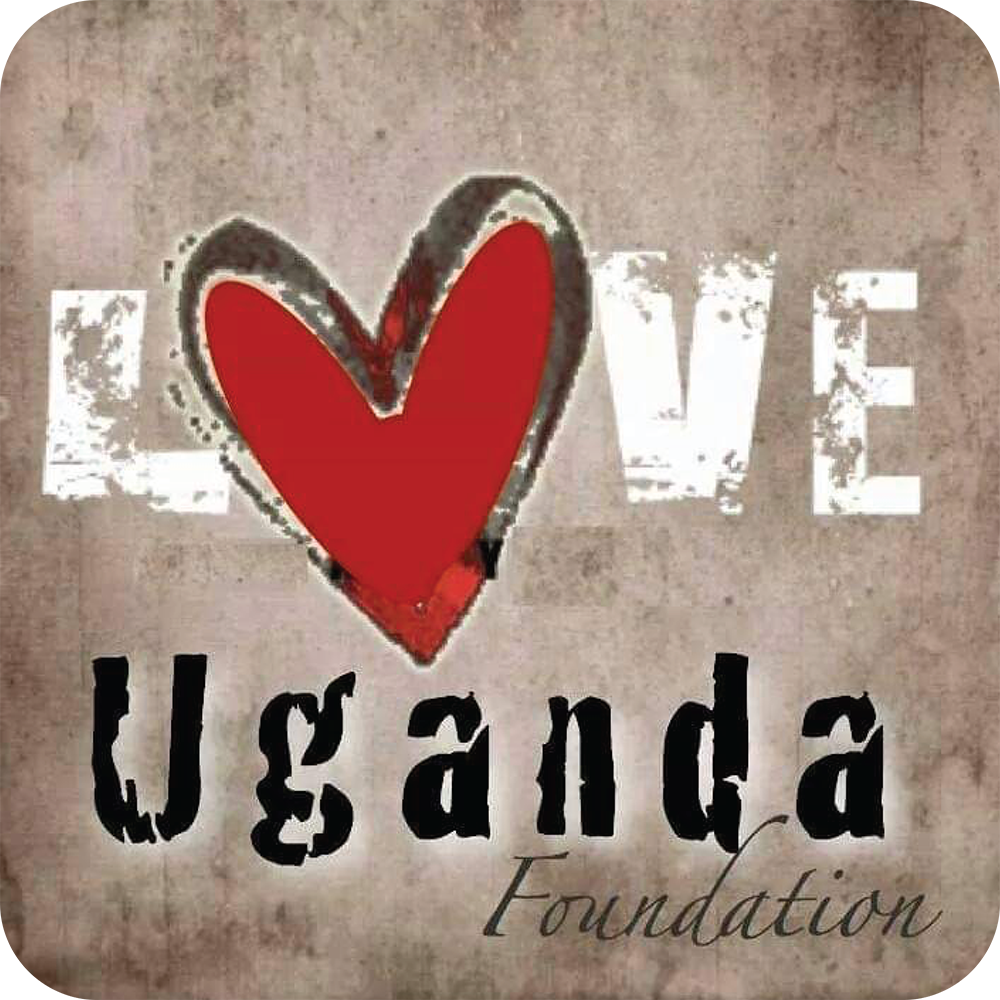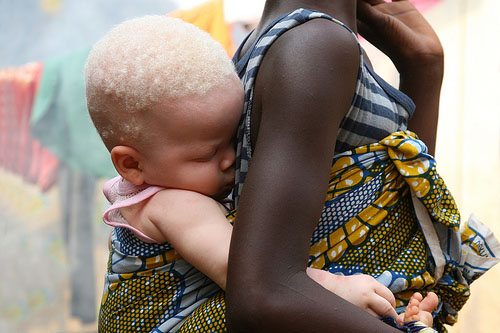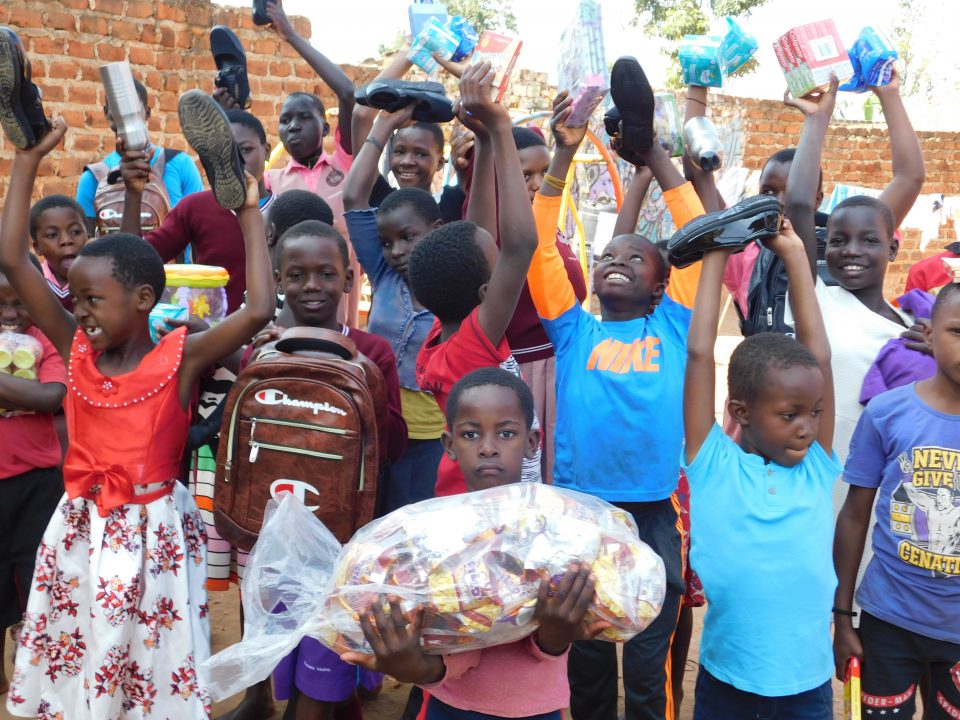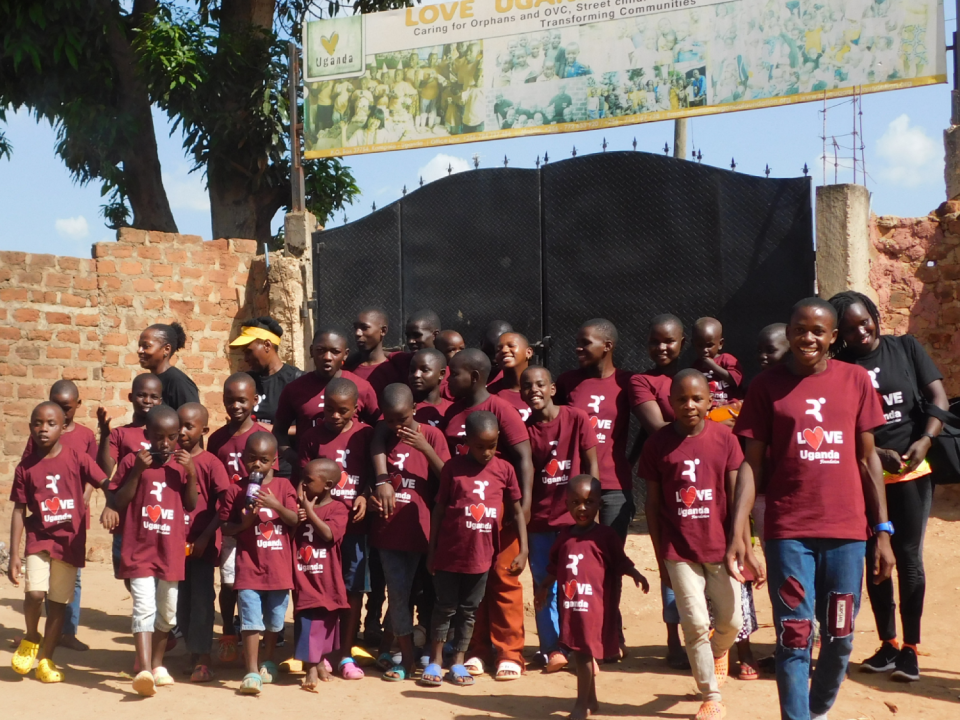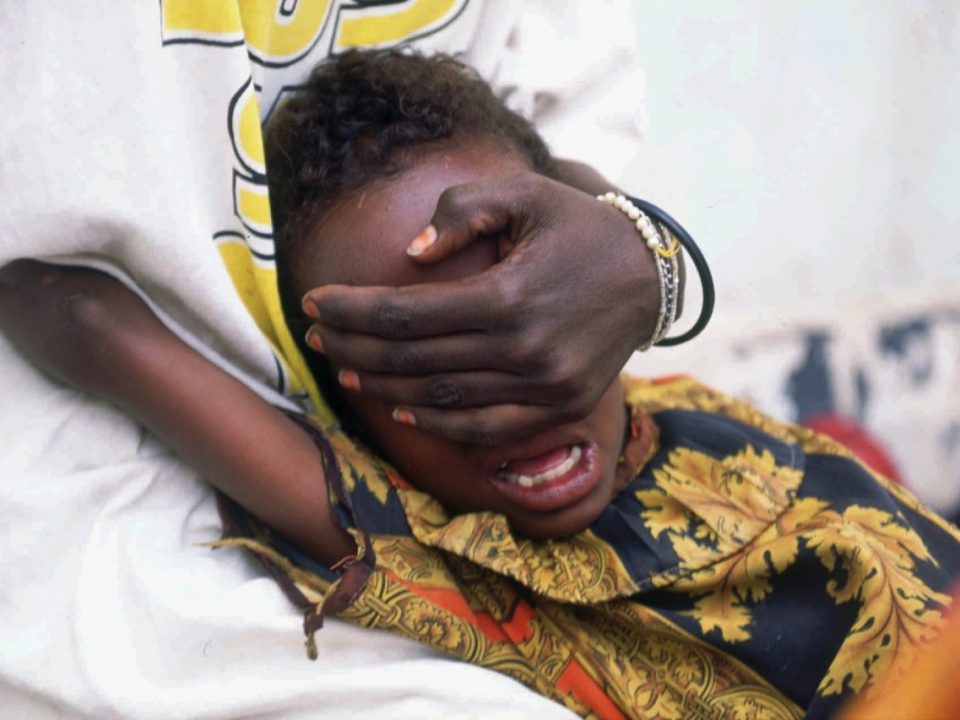INTERNATIONAL ALBINISM AWARENESS DAY

WORLD MALARIA DAY 2022.
April 25, 2022
DONATE TOWARDS MARY ODUGU’S FAMILY NECESSITIES
July 22, 2022Love Uganda Foundation joins the entire world to commemorate the International Albinism Awareness Day which is observed on June 13 every year. This day was demarcated by the United Nations to battle the discrimination against those diagnosed with albinism and to create a society that is aware. This year’s celebration is held under a theme: “United In Making Our Voice Heard”
Persons with albinism are one of the most vulnerable and marginalized categories of persons in the local communities of Uganda in particular and the World at a whole. These categories of people face a range of challenges such as stigmatization, rejection, lack of acceptance, and limited social integration. There are many misconceptions about persons with albinism as some people fear and view them with suspicion. This contravenes the concept of human dignity, equality and non-discrimination that are enshrined in the International, Regional and National legislation.
There is a misconception that their body parts can bring good luck, success and easy wealth but on the other hand, they are believed to be a curse, bringing bad luck. As a result of these, these persons have been a target for rituals since their bodies are perceived as a perfect match which has continued to threaten their right to life.
The stigma that persons with albinism face do stretch to their socio-economic life however applauds to the government of Uganda that has taken initiatives such as the special program called economic fund for people living with albinism to respond to such needs. That withstanding, there is perhaps more need for advocacy to ensure that the gaps are filled. Jellies that persons with albinism use are quite expensive and are rare. This causes about a constrain in terms of affordability and accessibility. Therefore, as Love Uganda Foundation, we call upon the government of Uganda and other stakeholders to engage in discussions of having these jellies accessible and affordable by all persons with albinism.
Lastly, the continued discrimination and stigmatization that these persons with albinism face in the local communities of Uganda is a contradiction of human rights principles of equality and non-discrimination. Thus, there is need to undertake community awareness on human rights principles and as well take appropriate steps in legislation to ensure that there is inclusion and participation by all persons including those with albinism.
